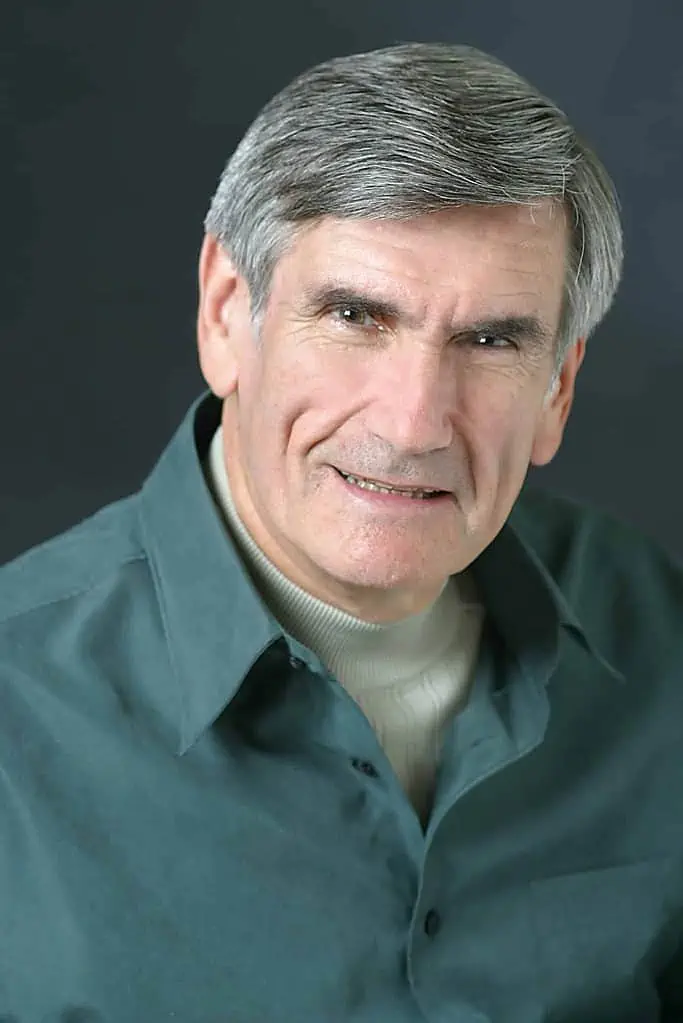I first attended a Nonviolent Communication workshop because I wanted a way to make people communicate better – with me and with each other. You might notice I didn’t see myself as the problem here. My communication was just fine.
I attended a second Nonviolent Communication workshop because I understood the change I was seeking begins with me.
Nonviolent Communication is a powerful, empowering process that helps people uncover the feelings and needs underpinning every single word and sentence we utter, and those uttered by people to us. It builds a space between our triggers and how we react. A space in which we can consciously choose to respond generously, with love and kindness, to everyone we encounter.
Developed as a conflict resolution tool by psychologist Marshall Rosenberg. Nonviolent Communication’s core tenet is that every human action is the expression of an underlying need. Conversely, every criticism, judgement, diagnosis and expression of anger is the expression of an unmet need.
Knowing, understanding and appreciating the needs present for yourself and others can dissolve any conflict, any emotional responses triggered by the actions of another human being.
Using Nonviolent Communication methods to communicate creates win-win situations.
Rosenberg stated that once two people can openly hear the underlying need behind the other’s action, any conflict can be resolved in less than 20 minutes. During his lifetime, Rosenberg showcased this time and time again. Of course the real challenge, which he readily admitted, is getting two people to openly hear each other’s underlying need. That could take hours, days, or even years.
For me, the true power of Nonviolent Communication is how it has reshaped the way I communicate with myself.
Many of us do not possess tools to understand and articulate our feelings and needs. Attending my first workshop I struggled to even comprehend what my needs were. I was grappling with a foreign language. My mouth and tongue thick and awkward with unfamiliar words.
I was frustrated and impatient (remember, I still felt that “I’m not the problem here!”). I bristled at the terminology (“how exactly are my words violent?”).
What shifted for me, was truly hearing, almost for the first time, how I spoke to myself in that moment: “You’re stupid… Useless… Worthless!”
Not only were my words violent, I reserved the most vicious, angry, hurtful words for myself.
Humbled, I dug into this most important, introductory work. For, how can we expect to understand and appreciate the feelings and needs of others if we cannot comprehend our own?
That day, I learned that underpinning some of my most painful conversations with my friends, co-workers, siblings and parents was a need for love, for acceptance, for connection, for forgiveness – needs that were present on both sides.
This is the phenomenal genius of this work. At the root of our most challenging conflicts, we are all seeking the same things, we all have the same needs.
What’s incredibly difficult to overcome are the emotions, the blame, the stories we use to bury those needs. We bury our needs so deep we no longer realise they are what is driving our responses, reactions and patterns of behaviour.
Nonviolent Communication offers the tools to dig deep within ourselves and rediscover who we really are.
Over time, the words Nonviolent Communication uses to pinpoint exactly how I am feeling and exactly what I am needing, have become more familiar, more trusted. Like learning a foreign language, with practice, I am now more at ease with the phrasing.
I am also more at ease with the world, more compassionate with others and much more compassionate with myself. Rather than attribute how I am feeling to the actions of others, I am curious about the needs of others and curious to explore what is underneath this new feeling of excitement, irritation or hurt that has arisen in me.
Learning these tools has transformed the way I receive the world and the way the world receives me – opening the door to relationships that are much more honest, open, loving, genuine and connected.
If this sounds like something you could use in your life, here are some resources to explore further:
The book Nonviolent Communication by Marshall Rosenberg is available at the library or via online bookstores.
The Centre for Nonviolent Communication is based in Albuquerque, New Mexico. Their website (www.cnvc.org) contains an abundance of resources and ways to connect with instructors, workshops and practice groups.
Farthest Shore (www.FarthestShore.org) offers workshops and immersive camps on Gabriola Island led by former Yukoners Mitch Miyagawa and Angela Walkley.





